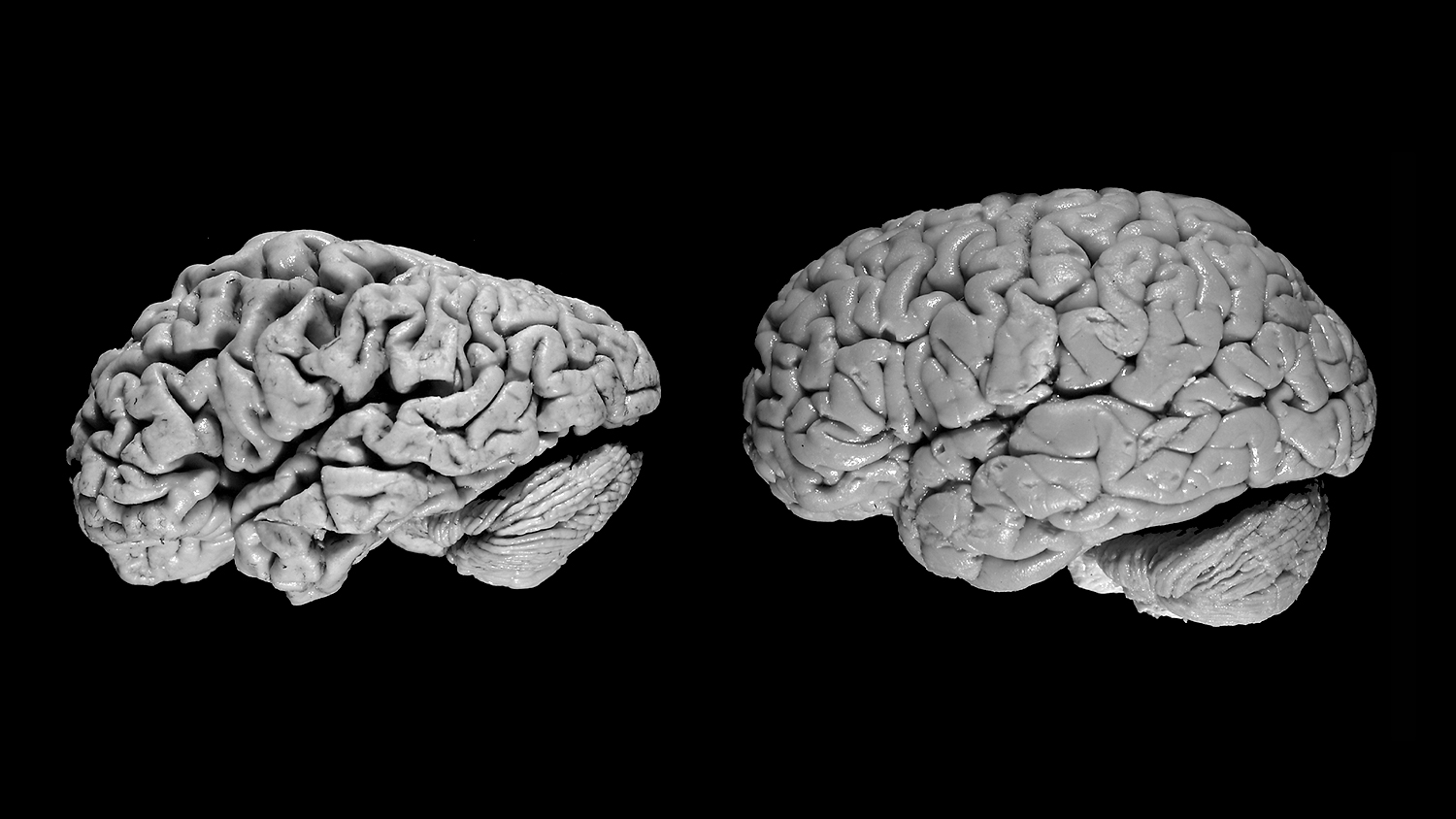Appearing in Alzheimer’s & Dementia: Diagnosis, Assessment & Disease Monitoring, researchers at the University of Washington’s Department of Epidemiology concluded in a new study how older adults with hearing and visual impairments are at a drastically higher risk of dementia.
Taken from the Gingko Evaluation of Memory Study, researchers analyzed self-reported measures of more than 2,000 participants in late-adulthood over a span of eight years. An estimated 22 percent had a hearing or visual impairment, while about 5 percent had both sensory impairments.
According to researchers, the study unveiled significant associations between dual sensory impairment (DSI) and dementia.
“In this prospective cohort of 2051 older adults, we found significant associations between DSI and risk of all‐cause dementia and AD, but not Vascular Dementia,” the co-authors wrote in their findings.
“In fully adjusted models, DSI was associated with an 86% increased risk for all‐cause dementia and an 112% increased risk for AD compared with having no sensory impairments.”
DSI correlated with an 86 percent higher risk of developing cognitive decline in comparison to those with no sensory impairments. The participants with DSI were twice as likely to be diagnosed with Alzheimer’s disease compared to their counterparts.
While the new findings shine a new spotlight, more research is imperative to better comprehend whether treatments for sensory impairments could alter the risk of developing cognitive impairment.


